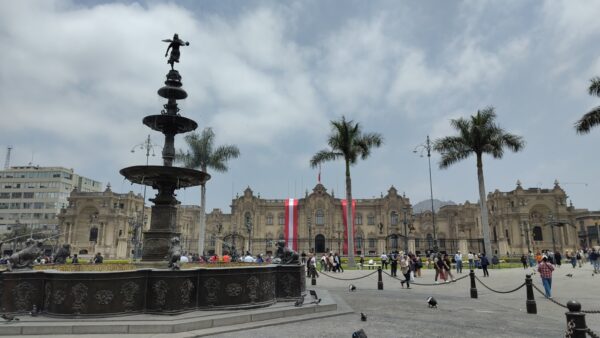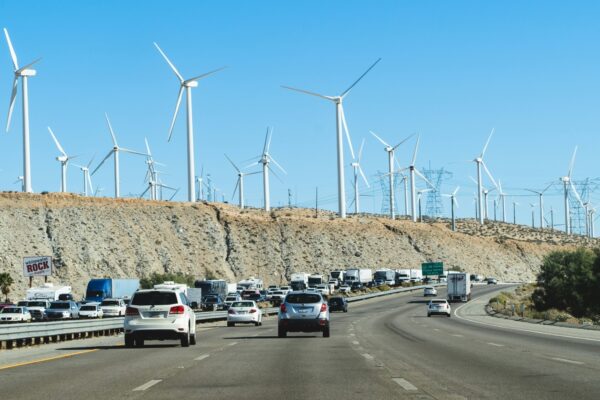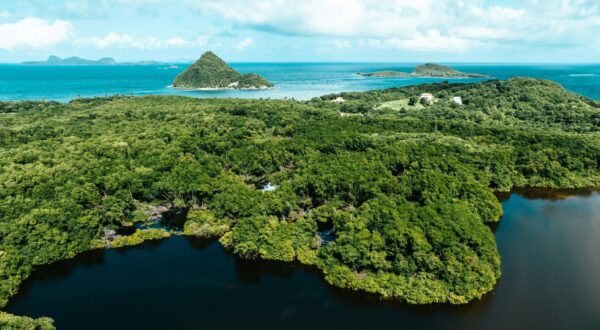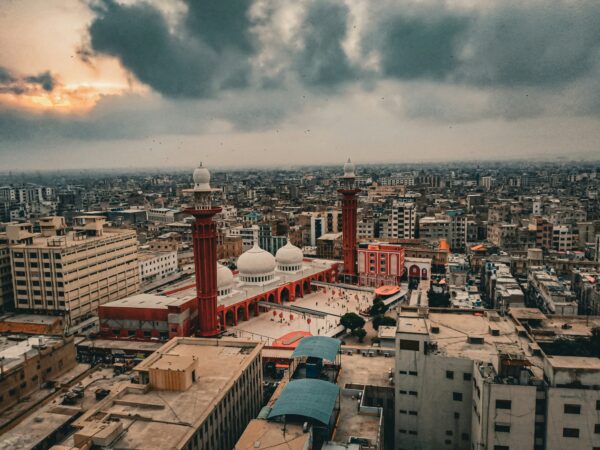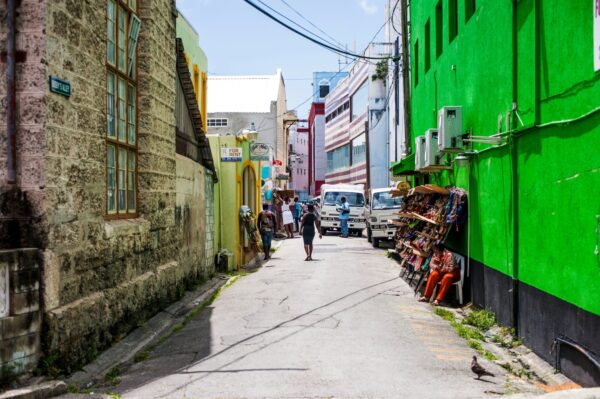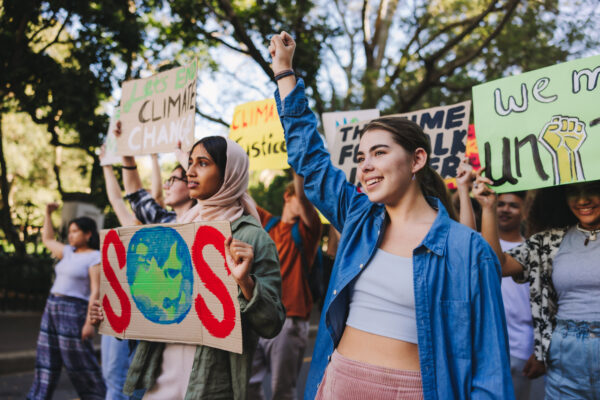The IPCC has highlighted the Caribbean’s vulnerability to climate change: what does this mean for climate justice?
Share
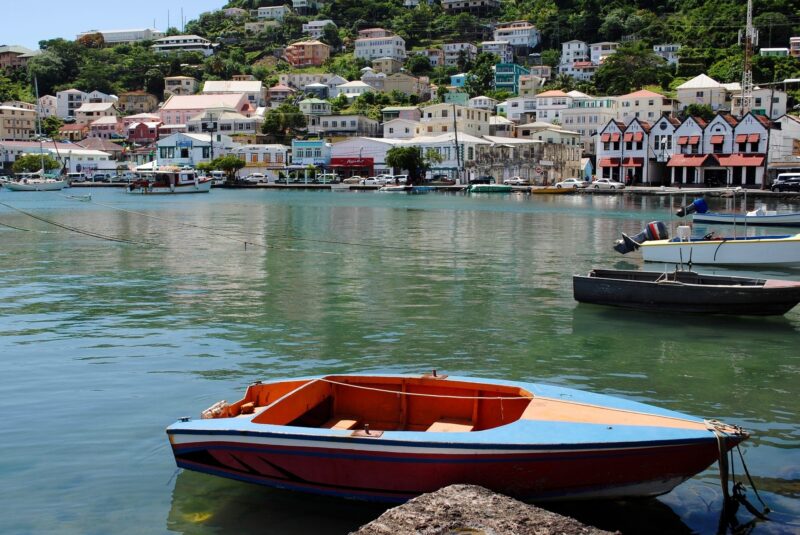
The launch of Climate Analytics Caribbean aims to raise the bar for the region’s pursuit of climate justice.
The latest science from the Intergovernmental Panel on Climate Change (IPCC) highlights our exceptional exposure to sea-level rise, ocean acidification, coastal erosion, and tropical cyclones. And we know that these impacts will also fundamentally undermine our development prospects.
Given such high-stakes, Caribbean states have been at the forefront of the global discussion on climate change, alongside other island nations, driving various policies, declarations, and institutions and pushing for accelerated action. Scientifically informed, knowledge-based resources are essential for the advancement of this action, and the newly established Climate Analytics Caribbean will be integral to providing the necessary support to our region.
Taking into account the special considerations of Small Island Developing States (SIDS) – our socioeconomic and geographic vulnerabilities – we must steer more homegrown solutions to the global challenge of climate change.
Climate impacts and economic loss
In the Caribbean, we are already dealing with climate impacts. The economic costs of cyclones have averaged 2% of GDP since 1950 and are projected to increase to at least 10% by 2050, under business as usual policies. In 2019, Hurricane Dorian hit the Bahamas, resulting in close to $3.4 billion in damages (close to a quarter of the nation’s GDP), and claiming at least 74 lives.
By 2050, one billion people in low lying coastal areas will face escalating climate risks that undermine adaptation efforts. Of the Caribbean’s 40 million inhabitants, 28 million live on the coast. For many people, “soft limits” have already been reached due to the lack of finance for implementing coastal protection measures.
These impacts escalate with every degree of warming. But the IPCC report showed unambiguously for the first time that vulnerable countries will not be able to adapt to these impacts above 1.5°C warming.
1.5°C to stay alive
1.5°C is not a best-case scenario for us. But it is the limit we advocate for because we know that beyond this, climate change becomes an existential crisis.
The IPCC report projects economic decline and livelihood failures at warming above 1.5°C from collapses of fisheries, loss of tourism, and biodiversity loss from traditional agroecosystems. This is particularly concerning given the total contributions of tourism to regional GDP: at an average of 28% for Caribbean nations. It is especially concerning given that around 67.5% of Caribbean residents already live in moderate or severe food insecurity.
Groundwater availability is already threatened, and will be more so at 1.5°C, due to sea level rise which increases the salinity of coastal aquifers, degrading water quality. In Trinidad and Tobago, we already get around 20% of our water from desalination plants, which are highly energy inefficient and costly.
The debt spiral
In 2015, the Caribbean’s average debt payments represented above 20% of total government revenue, with an average gross external debt of 71% of the total GDP. Servicing these debts leaves even fewer financial resources available for adaptation and disaster risk reduction, further reducing chances for sustainable development.
As if this weren’t enough, the pandemic saw a 73% decline in tourism arrivals globally, further exacerbating the region’s financial debt burden.
In its Summary for policymakers, the IPCC highlights the need for rapid scaling up of climate finance, especially for the world’s most vulnerable regions. This includes enhanced mobilisation and access to resources to successfully implement adaptation measures. Globally, around 15% of GDP (over $12 trillion) has been committed in response to the Covid-19 pandemic, to help restart devastated economies. Our research shows that investing only 10% of the fiscal packages each year would sufficiently fund the global green energy transition.
Unfortunately, the least amount of Green Climate Fund (GCF) resources have been approved for projects in small island developing states – as of 2021, approved projects represented only 4% of the total GCF funding pool.
Climate Analytics Caribbean office
After over a decade of working in the Caribbean, we’re proud to announce the establishment of a formal office in Port of Spain with the aim of addressing the gap between regional advocacy on climate change at the global level and regional/domestic action in support of climate objectives.
Our work will be to provide support to governments to translate negotiated outcomes from the United Nations Framework Convention on Climate Change (UNFCCC) into domestic laws, policies, and governance arrangements and to support regional organisations and civil society to further advance climate science knowledge and develop regional climate policy research and analysis.
Climate justice is fundamental to limiting warming to 1.5°C
The difficulty with climate justice is not understanding the rationale, but disentangling its implications. We have to understand what climate justice means to us here in the Caribbean region. From the outset we will focus on working with a wide range of stakeholders to determine exactly that. The aim is that climate policy at all levels – locally, nationally or regionally — will be underpinned by principles of climate justice from a uniquely Caribbean perspective.
We have found that against the backdrop of the accelerating crisis, climate justice is sometimes relegated as an after-thought for climate policy, or a campaign slogan with little substance to it. But the science tells us something different:
“Consideration of climate justice can help to facilitate shifting development pathways towards sustainability, including through equitable sharing of benefits and burdens of mitigation, increasing resilience to the impacts of climate change, especially for vulnerable countries and communities, and equitably supporting those in need (high confidence).”
Climate justice is an imperative for Small Island Developing States. Our Caribbean office is committed to empowering our region to hold big emitters accountable, and ensure that Caribbean realities are embedded in international efforts to address climate change.


